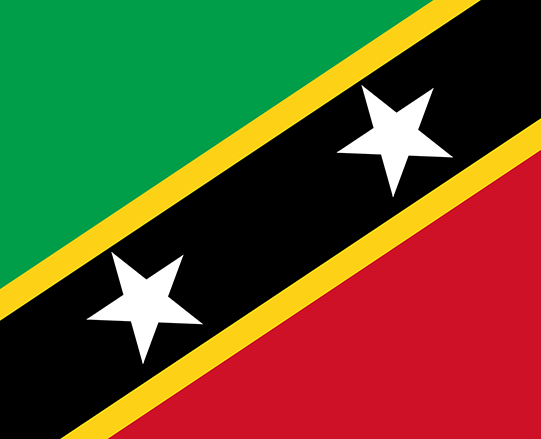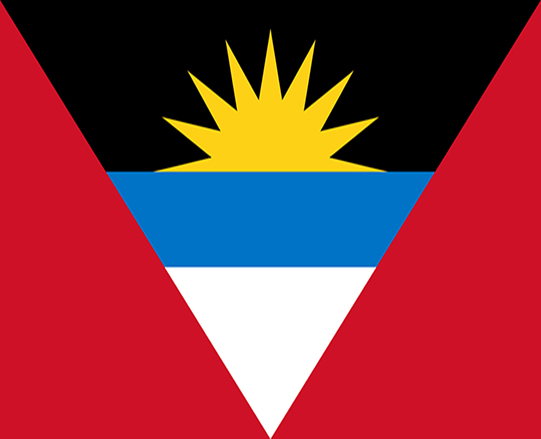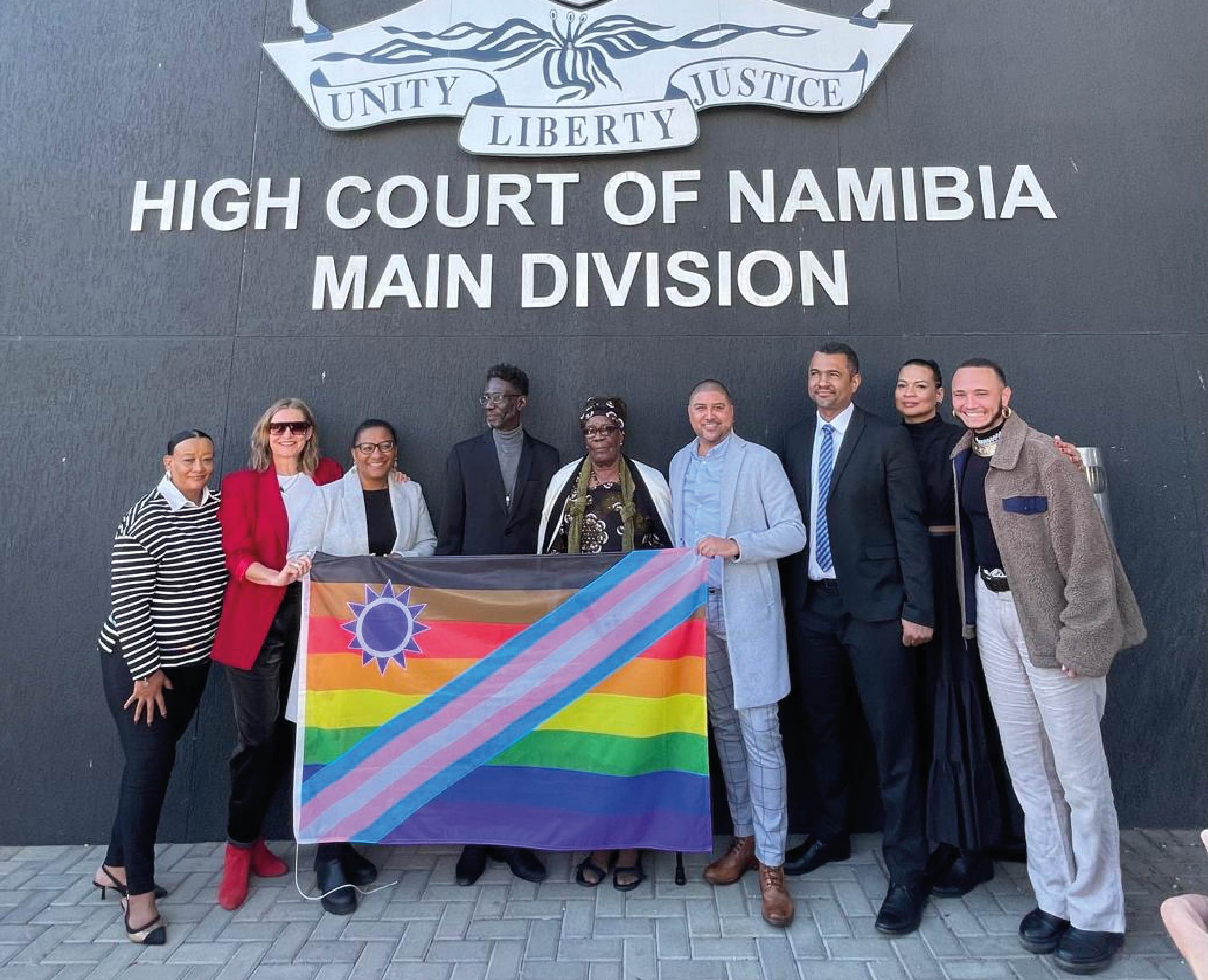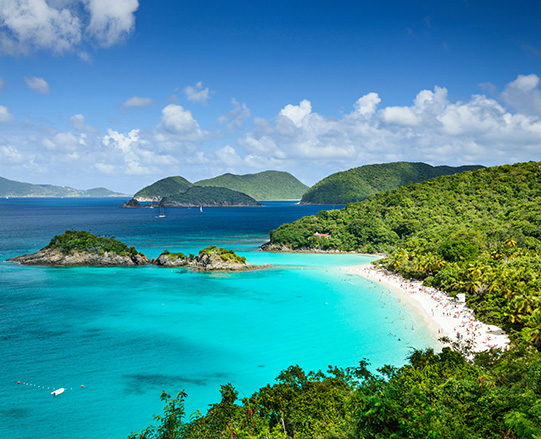Just weeks after Antigua & Barbuda decriminalised same-sex sexual activity, on the nearby island of Saint Kitts & Nevis the High Court has today struck down similar discriminatory, colonial-era, criminal laws that targeted lesbian, gay, bisexual and transgender (LGBT) people.
Consensual sexual activity between men was prohibited under section 56 the Offences Against the Person Act 1986, which criminalised acts of ‘buggery’, referring to it as ‘the abominable crime’. Attempts to commit the ‘infamous crime’ were also criminalised, under section 57 of the Act. The laws carried a maximum penalty of ten years’ imprisonment with or without hard labour. The law was imposed on the Caribbean country by the British during the colonial period.
The High Court held that the criminal provisions were unconstitutional, as they contravened the fundamental rights to personal privacy and freedom of expression. It found that “[t]o the extent that [the Act] criminalises the private lives of gay persons in this way, the law is excessive and arbitrary.”
The Court also declared that the offences were “null and void” to the extent that they criminalised consensual sexual acts between adults in private.
Téa Braun, Chief Executive of the Human Dignity Trust, says, ‘This decision, which follows on the heels of further ground-breaking decriminalisation decisions, from Belize in 2016 to Antigua & Barbuda just last month, clearly demonstrates a groundswell of change in the Caribbean. Laws that for decades have stigmatised the entire LGBT community are finally being relegated to the history books.’
Saint Kitts & Nevis is now the fourth country in the Caribbean to decriminalise through the courts, leaving only seven remaining criminalising countries in the Western Hemisphere.
The Human Dignity Trust is immensely proud to support these landmark winning cases, and we congratulate the courageous local activists who continue to make history on this most crucial and fundamental human rights issue
The case was filed by Jamal Jeffers and local organisation Saint Kitts and Nevis Alliance for Equality (SKNAFE). Regional LGBT umbrella organisation, the Eastern Caribbean Alliance for Diversity and Equality has convened the process since 2015.
‘This decision strongly establishes that a person’s sexuality should never be the basis for any discrimination,’ says Tynetta McKoy, Executive Director of SKNAFE. ‘We welcome the recognition of this fact, one for which we have long advocated.’
Notes to editors
- Read the judgment from the Saint Kitts & Nevis High Court
- A case digest will shortly be available on HDT’s library of resources
- Visit the Human Dignity Trust’s interactive map to see which countries across the world continue to criminalise LGBT people
- The Human Dignity Trust works with local partners around the world to defend human rights in countries where private, consensual, same-sex sexual activity is criminalised. We provide free technical assistance to LGBT activists, civil society organisations, lawyers and governments wishing to challenge and reform laws that persecute people on the basis of their sexual orientation and/or gender identity
For more information and to arrange interviews contact:
Emma Eastwood, Head of Strategic Communications, Human Dignity Trust
T: +44 (0)20 7419 3770 / E: [email protected] / Twitter: @HumanDignityT




